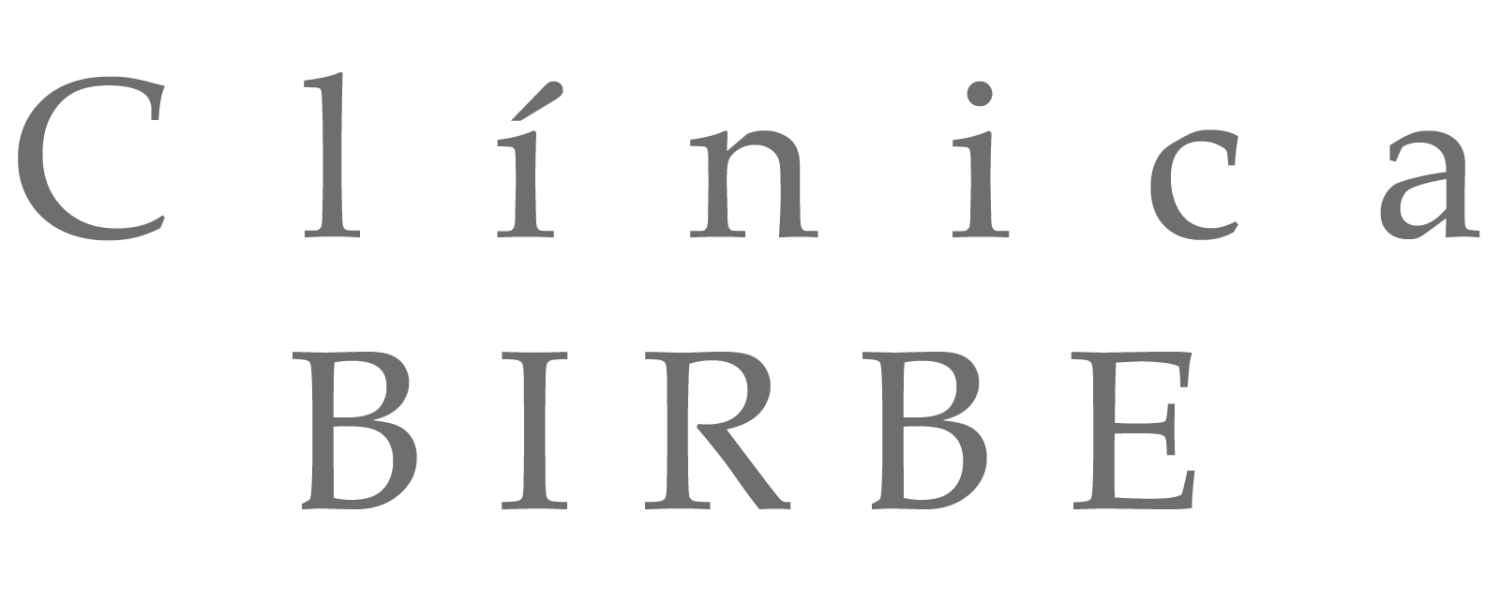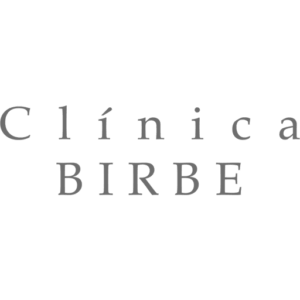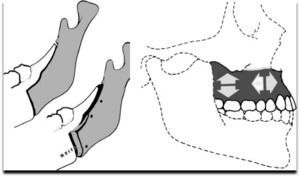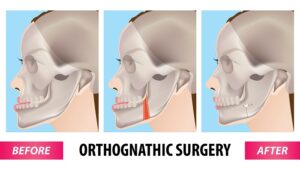Open bite
What is an Open Bite?
The open bite can have two causes: dental or skeletal. It is a very disabling type of malocclusion as it wears out the contacting teeth at the same time that it disables the non-contacting anterior teeth.
This leads to severe alterations in chewing, the function of the temporomandibular joint (TMJ), and speech. The impossibility of correctly pronouncing certain syllables is frequent, especially those that require placing the tongue behind the upper incisors. It is also common not to be able to cut food with the incisors (incisal function), being difficult for example to eat a sandwich.
Types of Open Bites
- The skeletal open bite is treated with orthognathic and orthodontic surgery.
- The dental open bite is treated with orthodontics, that is, placing braces and moving the teeth in such a way that we correct the occlusion. It is common to find a lingual swallowing habit, interposing the tip of the tongue between the teeth when swallowing in a way that contributes to the open bite. We will also correct this lingual habit with orthodontic appliances and speech therapy.
We often see patients with skeletal open bite treated with orthodontics only, and after some time they have a recurrence of the open bite. That is why the skeletal open bite must be treated with surgery and orthodontics, otherwise it is not stable.
Surgical Steps
The most common treatment for skeletal open bite is orthognathic surgery. In cases in which we only want to correct the open bite because there are no more associated alterations, it can be limited to a monomaxillary orthognathic surgery either with posterior impaction of the maxilla or anticlockwise rotation of the mandible. Depending on the cause and facial features, we will decide which is the most appropriate for you.
If there are alterations associated with the open bite such as a short or long jaw (prognathism) or a long face or asymmetries, then the correction will consist of a bimaxillary orthognathic surgery. It is common to complement orthognathic surgery with a mentoplasty.
Our Recommendations
Why have an operation at Birbe Clinic?
We are specialists in designing faces and smiles.
At Birbe Clinic we have a great team, mentored by Dr. Joan Birbe, with more than 20 years of experience treating patients; always up to date with news and selecting the innovations that really bring improvements to our treatments. As in the case of virtual simulations of facial surgeries, intraoral scanners, customization of facial prostheses, the use of the microscope, etc
Testimonials
Our priority is to achieve excellence in treatment. All this with a personalized, honest and trustworthy treatment. In addition, our facilities offer maximum hygiene, sterilization and comfort.
Find out what they think of us!
We help you carry out the intervention you need
After a rigorous evaluation we will offer you a personalized and closed estimate with all the necessary forms of payment and financing, so that you can carry it out.
Contact Us
Contact us during our business hours of:
- Monday, Thursday and Friday from 8.00h to 16.00h.
- Tuesday and Wednesday from 8.00h to 18.00h.
- Phone Number: +34 93 212 47 37.
Outside of our business hours you can send us a WhatsApp or a form and we will answer you as soon as possible. Being located in Barcelona, we receive patients from all over the national and international territory.
During your first consultation we will provide you with:
✔ Personal diagnosis by oral and facial examination.
✔ Closed estimate with different financing possibilities.




